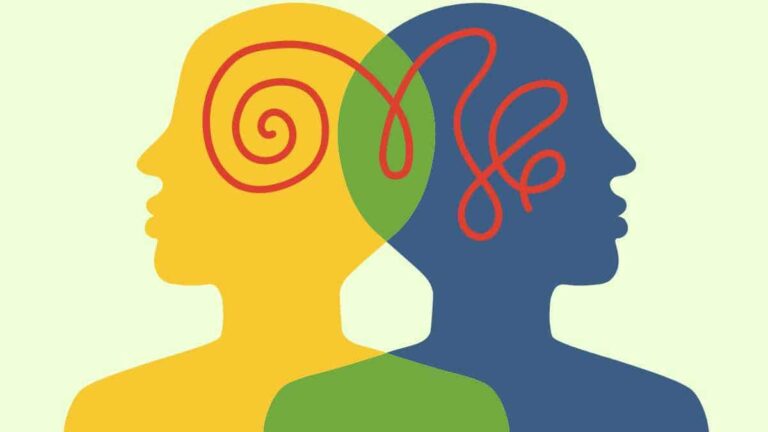Memory, i.e. our ability to record, to preserve and to recall our past experiences, makes up one of the most fundamental and fascinating abilities of our brain. For over forty years, neuroscientists have been interested in the biological mechanisms underlying the storage of the information that our brain records every day. Now, a team from…
Key Role Of Nucleocytoplasmic Transport In ALS
Amyotrophic lateral sclerosis (ALS) and frontotemporal dementia (FTD) are two devastating adult-onset neurodegenerative disorders. No cure exists for these diseases. Ten percent of ALS patients suffer from a familial form of the disease, while FTD is caused in 40% of patients by a genetic defect. In 2011, the most important genetic cause of ALS and…
Psychology By Numbers: A Brief History Of Personality Tests
Were you born with a time-clock in your mind? If your immediate response to that question – from the 1964 edition of the Gray-Wheelwright Jungian Type Survey – is general bemusement, then the multiple choice answers that follow are unlikely to help you. The two options are simply “no” or “yes”. How about “Is the…
The Impact Of Neanderthal DNA On Human Traits
Since 2010 scientists have known that people of Eurasian origin have inherited anywhere from 1 to 4 percent of their DNA from Neanderthals. The discovery spawned a number of hypotheses about the effects these genetic variants may have on the physical characteristics or behavior of modern humans, ranging from skin color to heightened allergies to…
Brain Cells Representing Feelings Of Isolation Pinpointed
Humans, like all social animals, have a fundamental need for contact with others. This deeply ingrained instinct helps us to survive; it’s much easier to find food, shelter, and other necessities with a group than alone. Deprived of human contact, most people become lonely and emotionally distressed. MIT neuroscientists have now identified a brain region…
How Affectionate Mothering Can Combat Effects Of Maternal Depression
Poverty, lack of education and exposure to violence can undeniably impact a child’s life trajectory significantly. But how can a mother’s exposure and potentially depressive reactions to these stressors impact a child before his/her life even begins? A depressed mother’s response to stress can pass through the placenta to negatively impact the fetus in ways…
Lack Of Sleep Can Lead To False Confessions
Sleep-deprived people are much more likely to sign false confessions than rested individuals, according to a new study that has important implications for police interrogation practices. The odds of signing a false confession are 4.5 times higher for people who have been awake for 24 hours than for those who had slept eight hours the…
Incidental Anger, Contempt And Disgust Lead To Hostility
Individuals experiencing anger, contempt and disgust are more likely to act and behave in a hostile manner toward those they disagree with, new research from San Francisco State University shows. Past research had demonstrated an association between these emotions, collectively known in the field as ANCODI, and hostility, but the new study published today in…
Sensorimotor Simulation Contributes To Facial Expression Recognition
Smile! It makes everyone in the room feel better because they, consciously or unconsciously, are smiling with you. Growing evidence shows that an instinct for facial mimicry allows us to empathize with and even experience other people’s feelings. If we can’t mirror another person’s face, it limits our ability to read and properly react to…
